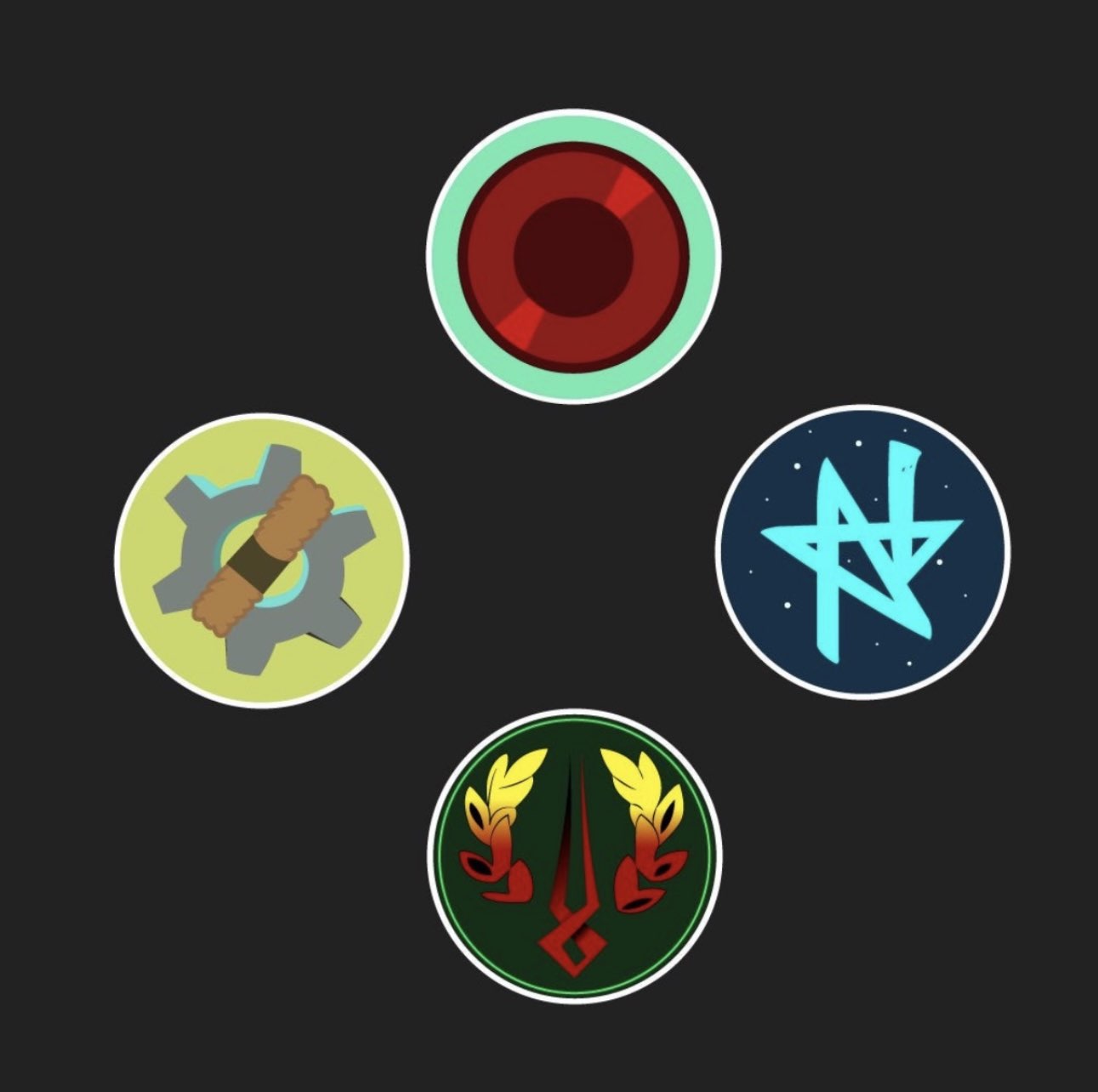I seriously doubt Nintendo would get into a situation where they are less than a year away from a new console without even soft announcing it’s coming in an investor meeting or anything. They announced Switch (as the upcoming NX) in April 2016 for a March 2017 launch. WiiU was announced April 2011, for a November~Dec 2012 launch. The Wii was hyped 2 years in a row in 2004 and 2005 before releasing in 2006, and the Gamecube was announced August 2000 before a Sept~Nov 2001 release. Nintendo may very well be launching new hardware early next year, but history points more to a Switch Pro unless they announce VERY soon and the release window is more late summer~fall 2024.
My thought too. My guess is the early 2024 date is for an announcement for a late/holiday 2024 release, if there is anything actually going on soon. Announcing late this year for an early-year launch makes little sense from a marketing and timing standpoint. You’re both cutting the pre-launch buildup awfully close for the comfort of publishers, consumers and retailers, and also potentially screwing up your holiday sales window for this year since people will likely want to hold out for the new console rather than invest in the late-year releases, which then also screws with third parties’ bottom line at a critical sales point in the year. If there really is a planned early 2024 release date for this thing, the earlier the announcement, the better at this point.
I REALLY hope this doesn’t lead to the original Switch’s eShop closing anytime soon. The industry as a whole has been terrible at historical preservation lately.
Considering the wii and 3DS eshops were kept alive several years into the switch’s lifetime, how “soon” are you worried about?
There are two prerequisites to me being ok with the eShop closing.
- The entire catalogue (or the most historically valuable portions) must be in the hands of historians and/or game preservation organizations
(option A). The games humanity collectively cares about would have to all be remade, and remade well, for later audiences. (option B). All titles the public want to remain available would have to be made permanently available by some other means, such as legalized emulation infrastructure (such as the Virtual Console on previous systems, but much more permanent). 3. (an alternative to the other options/prerequisites, I’d rather this one not happen). If other prerequisite options can’t be met, after so much time has passed that functioning Switches no longer exist.
My point is, I’ll be ok with the eShop closing when as little information would be lost as possible.
I hope Nintendo actually makes this a huge step up from the Switch we’ve had since 2017. The OLED switch was nice, but it’s what the switch should’ve been from day one.
Oh and dear lord PLEASE let them fix the joycon issues. I would love to play my switch more in handheld mode but because both of my joycons have drift, it’s impossible to play in anything but docked mode with a pro controller.
I wish for all controller manufactures to use that magnetic joystick instead
Hall Effect Joysticks!
I think the copyright for that technology is, well…copyrighted. So Nintendo would need to pay a licensing fee to use it in their Joycons (as would any gaming company for their joysticks). That would add significant cost to the controllers.
Same reason we haven’t seen back buttons adopted into controllers as a standard yet despite being the next logical evolution in controller design.
@StarServal, you mean patents (not copyright), since it is about inventions.
And there is at least one hall effect controller patent that already expired. It is from 1988, so hall effect joysticks are not a new thing at all.
I think it would need to be a patent, not a copyright. Also, Hall effect sensors were in use before someone decided to put them into a joystick. I would hope that “use the thing for which it was designed” isn’t patentable but, knowing the USPTO when it comes to technology…
The OLED switch was nice, but it’s what the switch should’ve been from day one.
The processor was long in the tooth and the joycons were unacceptably flawed on day one. The OLED switch changed none of these things and it still frustrates me a lot that people weren’t more critical of it tbh.
Nintendo would have solidified the design and specs of the SoC and committed to a bulk contract for them just before we saw some big leaps in hardware; specifically in GPU and ARM SoCs, memory bandwidth and PCIe bus performance, and chip die resolution.
Think about where mobile processors were in 2014; it’s been almost 9 years. Think about where Apple silicon is now (also an ARM SoC platform). We’re truly “living in the future”.
Since the products were already in consumer hands as these innovations where happening, it was too late to change anything. It’s a rock and a hard place; especially for Nintendo who caters to so many casual enjoyers - if you upgrade the hardware, you’re gonna need to do another launch. The alternative would be that people with older switches wouldn’t be able to run newer games. You also don’t want to anger your customers by saying “remember that $400 you spent 3 years ago? Yeah you’re gonna need to go ahead and give us another $400”. Additionally, if they had done that, we’d probably be complaining about THAT machine being underpowered now. The Switch was selling like hotcakes regardless, they weren’t going to disrupt that revenue. Money talks and the world told Nintendo what they wanted, whether they meant to or not.
Now that even 1st party titles are struggling on the system, the writing is on the wall, the tech has improved massively, and consumers are warming to the idea of a new console, it makes sense that Nintendo would have been doing the legwork to be at the point when suppliers are leaking info, when investor calls subtly reveal dates when at a minimum we’ll get our first official info, etc. I bet they’ll start shipping dev kits in the fall (if they haven’t already) if all this info is accurate.
This again?
If they don’t embrace G-Sync, they’re fools. It’s such an obvious advantage for power-constrained rendering where they provide the screen.
Also yeah obviously fix the damn drift. Joysticks are not unexplored technology. At some point you’re begging for a lawsuit over basic consumer protection. If you can’t be arsed to fix a problem everyone complains about, when it’d cost 0.01% of MSRP to address, you’re doing capitalism wrong. Grease your squeaky wheel already.
Beyond that… I’m not expecting any huge leaps. Look at the DS line and how it printed money. Those occasional upgrades, not quite generational, balanced ongoing software compatibility with eager hardware adoption. Consider how they still own the entire handheld console space, somehow. There’s no overwhelming motivation to reach for immense power or gobs more memory. If they get Unreal 5 looking good at a whopping 1080p40, they’re golden for another five years.
What are the chances it’s backwards compatible with Switch games? Digital and physical?
Let’s look at the track record.
Backwards compatible handhelds:
- GameBoy Colour (to GB)
- Gameboy Advance (to GBC)
- Nintendo DS (to GBA)
- Nintendo 3DS (to DS)
Home consoles:
- Wii (to GC)
- Wii U (to Wii)
Not backwards compatible:
- SNES
- VirtualBoy
- Nintendo 64
- GameCube
- Switch
Lack of backwards compatibility to the previous generation has usually followed from a change in media format, and even then there has been a willingness to make an effort (the DS with its two slots being the prime example). Backwards compatibility seems to be a good way to ensure a wide selection of games at launch, and the negative aspect (not being able to sell the re-releases of the same games yet again to those desperate enough) seems to be outweighed by the positive (availability of games at launch; maintained interest in games from previous generation).
There’s no real reason for Switch cartridges to grow any smaller, and I doubt they’ll go back to discs. So I would say there’s a pretty good chance of backward compatibility.







